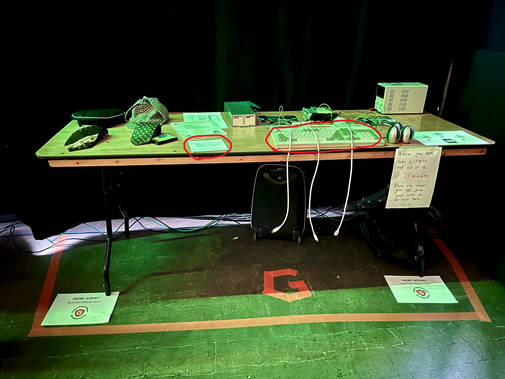A successful DevOps culture requires a genuine and holistic change in behaviour through people.
In the last ten years in my own role, I have supported changes which have basically entailed the removal of various walls, fences, gaps and barriers blocking the view. When you dare to peek across to the other side, that is an achievement in its own right: “Oh, so that’s what they really do there!” In addition, if a conscious effort is made to engage in dialogue with those working on the other side of the fence instead of just looking, even more can be achieved. Prejudices and uninformed beliefs can be broken down into fragments of knowledge that can be put to use in a work community or organisation in many ways.
Knowledge of what others in your organisation do creates an understanding that in turn creates a foundation for interaction, empathy, and a generally humane approach. These things are elements of psychological security, to which we will return a little later.
Although what DevOps is may ultimately be easy to understand on paper, it may be more difficult to determine how to succeed in it. Most often, we start from a situation where fences between communication gaps and corporation culture have developed over long periods. A functional and productive DevOps requires the following, at least:
- A strong common will at the organisational level that is embraced by all individuals. For DevOps, however, the state of mind cannot be just anything; it must be related to working for customer value. Everything that is done is related in one way or another to making improvements for the benefit of customers. A common will helps in many ways. It can steer debate onto the right track, provide an opportunity to address situations where the common will may not materialise, and everyone knows that the work done is judged against the common will. Fair for everyone, and also pretty simple, right?
- Concrete action at both the individual and organisational level to remove walls, fences, communication gaps and visual barriers. Instead, efforts should be made to create seamless collaboration between software development, administrators and a multi-expert business team, where responsibility for the end result is shared. It’s not just a way of doing things together, of asking others for feedback from time to time. In my experience, leaving things to “asking sometimes, and seeing where it leads”, most of the time leads nowhere. How many fences are there for you to break down, and how high are they?
- Cooperation at its most authentic and intensive. In order to be able to say out loud in a work community that people are in disagreement, or on the other hand to reveal the weaknesses of one’s own work processes to a colleague, people need to be able to feel psychologically secure. When a solid psychological security is experienced in the work community, everyone can dare to be themselves. This creates the best possible basis for learning from others and for more productive work by daring to fail, whether faced with a colleague, supervisor of your own team or CEO. Rapid failure is also well known to be a prerequisite for inspiration and the emergence of new ideas. This is what DevOps also strives for. In the DevOps state of mind, everyone can make their voice heard despite differences, and in the end it is precisely because of these differences that the opinions of others are sought. Everyone’s voice is heard, and everyone’s voice counts. What could be a more effective way to create a sense of belonging, and a desire to succeed?
DevOps is described in several contexts as a culture, and points 1 to 3 above are each building blocks of culture. Culture is defined in various ways, for example as a body of shared attitudes, values, goals, and practices. And in an organisation, culture is embodied in various practices, for instance in recurring rituals such as meetings and gatherings around specific themes, different milestones, rewards, and organisational discourse. If one tried to describe the DevOps-style culture with adjectives, words like open, honest, permissive, self-nurturing, enterprising, imaginative and enthusiastic come to mind.
The first step toward a successful DevOps culture is to recognise and accept that the change needed in organisational culture and collaboration is potentially large, and that achieving it will require both sufficient time and change and a strong will to see the change through to completion.
In my experience, the best possible result in efforts toward any sort of change is achieved whenever it involves all the people who will be affected by it. When you get to be personally involved in defining your own future ways of working, it’s much easier to commit to them – and commitment brings success, always. Have you begun the transition towards people-oriented and productive DevOps work?



